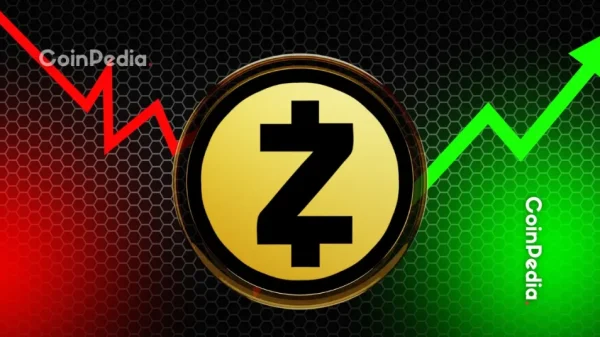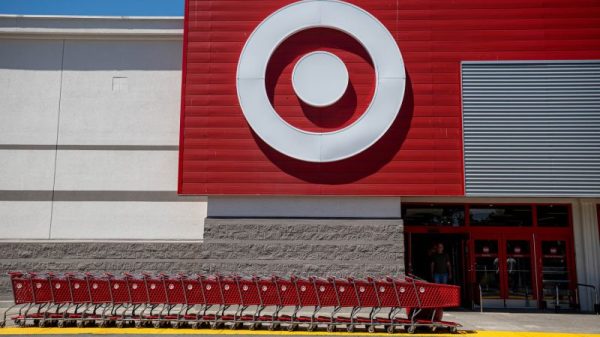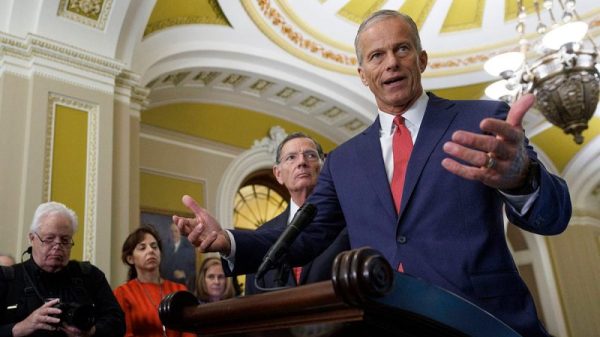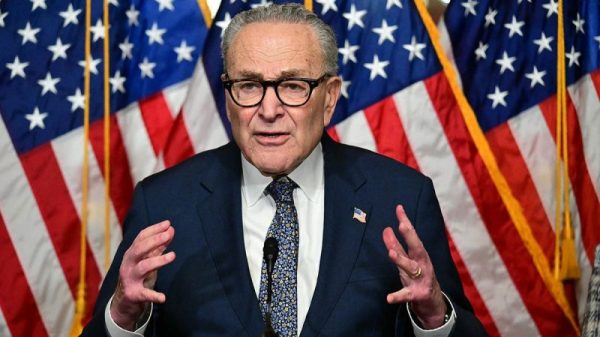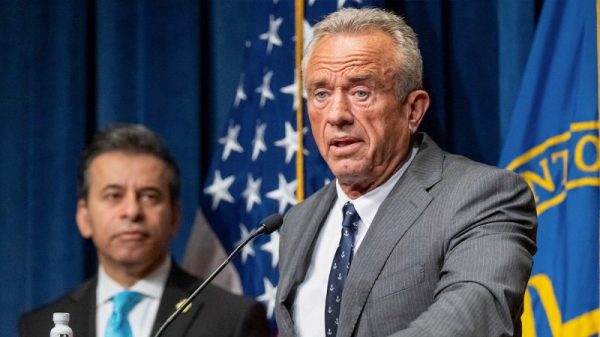
On Friday, new data confirmed that euro-zone headline inflation experienced a slight increase from 2.2% in November to 2.4% in December, while the core rate remained steady at 2.7%.
Services inflation saw a marginal rise from 3.9% to 4.0%. Despite the recent uptick, analysts anticipate a significant decline in services inflation across the euro-zone in 2025.
The detailed analysis of December’s inflation data highlighted persistent inflation within three specific sectors: insurance, transport, and tourism, which have been influenced by unique factors. However, when excluding these sectors, services inflation has seen a notable decrease over the past two years.
The increase in December was primarily driven by the transport and package holiday categories, while other sectors collectively contributed less to the overall inflation figure.
Experts at Capital Economics point to several reasons supporting a broad-based reduction in services inflation for the current year. Transport and package holiday costs, which are partly dependent on oil prices, are projected to drop based on historical patterns in oil price movements. Despite a recent surge in oil markets, the anticipated decline in these sectors’ inflation rates appears unaffected.
Furthermore, with a sharp decline in goods inflation, inflation for vehicle and home insurance is also expected to decrease soon. A return to pre-pandemic averages in insurance, transport, and tourism could potentially reduce services inflation by 1.2 percentage points.
Other aspects of services inflation are also predicted to fall. For instance, catering services inflation, which was at 4.3% in December, is projected to drop to around 2.5% by mid-year, potentially reducing services inflation by another 0.4 percentage points.
A key factor contributing to the anticipated decline is the slowing economic growth and cooling labor market, which are leading to a reduction in wage growth. The historical correlation between wage growth and services inflation reinforces the expectation that services inflation will substantially decrease in 2025.
This article was generated with the support of AI and reviewed by an editor. For more information see our T&C.





